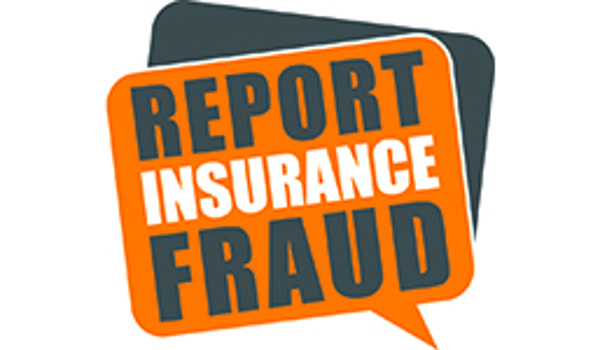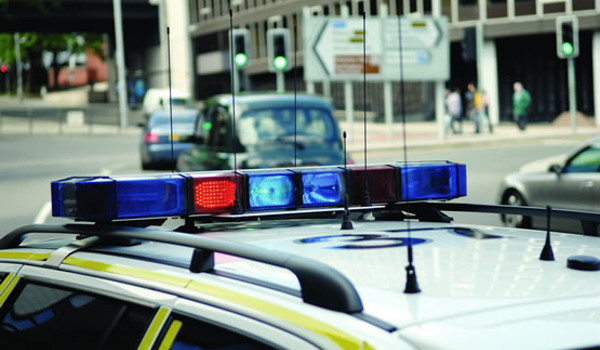Gang jailed as the IFB finds evidence motor trade policies helped facilitate drugs trafficking

Six members of a Bristol-based organised crime group who fraudulently used trade motor insurance policies to help traffic drugs have been sentenced to a combined 18 years and 8 months in prison following an investigation by the South West Regional Organised Crime Unit (SW ROCU) supported by the Insurance Fraud Bureau (IFB).
The IFB first became involved in the case following suspicions that a gang were fraudulently using motor trade insurance to support a large-scale cannabis production and distribution operation between Merseyside and Bristol.
IFB experts worked swiftly to uncover evidence of how members of the crime group (for whom none were motor traders) had used motor trade policies to insure ten vehicles; believed to help distance their identities from the vehicles being used and evade ANPR (Automatic Number Plate Recognition) detection for no insurance.
The IFB’s findings were presented at Liverpool Crown Court and were said by police to have strengthened the prosecution’s case by demonstrating the gang’s sophisticated efforts to evade getting caught.
All six men pleaded guilty to conspiracy to produce cannabis with Luca Fioravanti also pleading guilty to possession with intent to supply cannabis. They each received a custodial prison sentence and will be stripped of illegally gained money and assets.
- Mario Fioruci, 37, of no fixed abode, was sentenced to four-and-a-half years in prison.
- Alessandro Carbone, 46, from Glen Park, Bristol, was sentenced to four years in prison.
- Luca Fioravanti, 37, from High Street, Kingswood, Bristol, was sentenced to three-and-a-half years in prison.
- Edi Daka, 46, of Dudley Court, Barrs Court, South Gloucestershire, was sentenced to three years in prison.
- Arjan Dishmima, 42, of no fixed abode, was sentenced to 22 months in prison;
- Eno Suma, 35, of Bishopsworth Road, Bedminster Down, Bristol, was sentenced to 22 months in prison.
Stephen Dalton, Head of Intelligence and Investigations at the IFB, said: “As shown in this investigation, insurance fraud can sadly help to facilitate some of the most serious forms of criminality out there. Fortunately, because we work so closely with police forces and insurers we can disrupt fraudulent activity fast which can also break fraudsters’ links to wider crime. We want to protect as many people as possible from the impact of fraud. If anyone has evidence of an insurance scam we strongly encourage them to report it to our confidential CheatLine via 0800 422 0421 or at insurancefraudbureau.org/cheatline”.
Detective Inspector Charlotte Tucker from the SW ROCU said: “This group were producing cannabis with a street value of more than £1million each harvest, meaning huge amounts of money going back into serious and organised crime, as well as large amounts of the drug being sold in our communities.
“The evidence provided by the IFB showed the lengths the group were going to, to try and distance themselves from the vehicles being used to transport people and drugs to and from the huge cannabis grow. However, in the end, such evidence actually helped to strengthen the case against them.”
It’s estimated one insurance scam takes place each minute in the UK at an annual cost of £3 billion for insurers and consumers. Yet according to the National Crime Agency (NCA) fewer than 20% of cases of fraud are reported to the authorities, despite fraud being Britain’s most common crime.
Studies show insurance fraud is frequently connected to serious crime and helps to facilitate it. The IFB has historically carried out investigations which found gangs to be committing motor fraud to commit a range of offences on the road, including firearms and human trafficking.
The IFB is a not-for-profit organisation that accesses industry data and public reports to work with the police to detect and disrupt organised criminal groups committing insurance fraud.
Anyone with suspicions of an insurance scam can contact the IFB’s confidential CheatLine at www.insurancefraudbureau.org/cheatline or via a phoneline (powered by Crimestoppers) on 0800 422 0421.
Find out more about the investigation on the SW ROCU news page.



